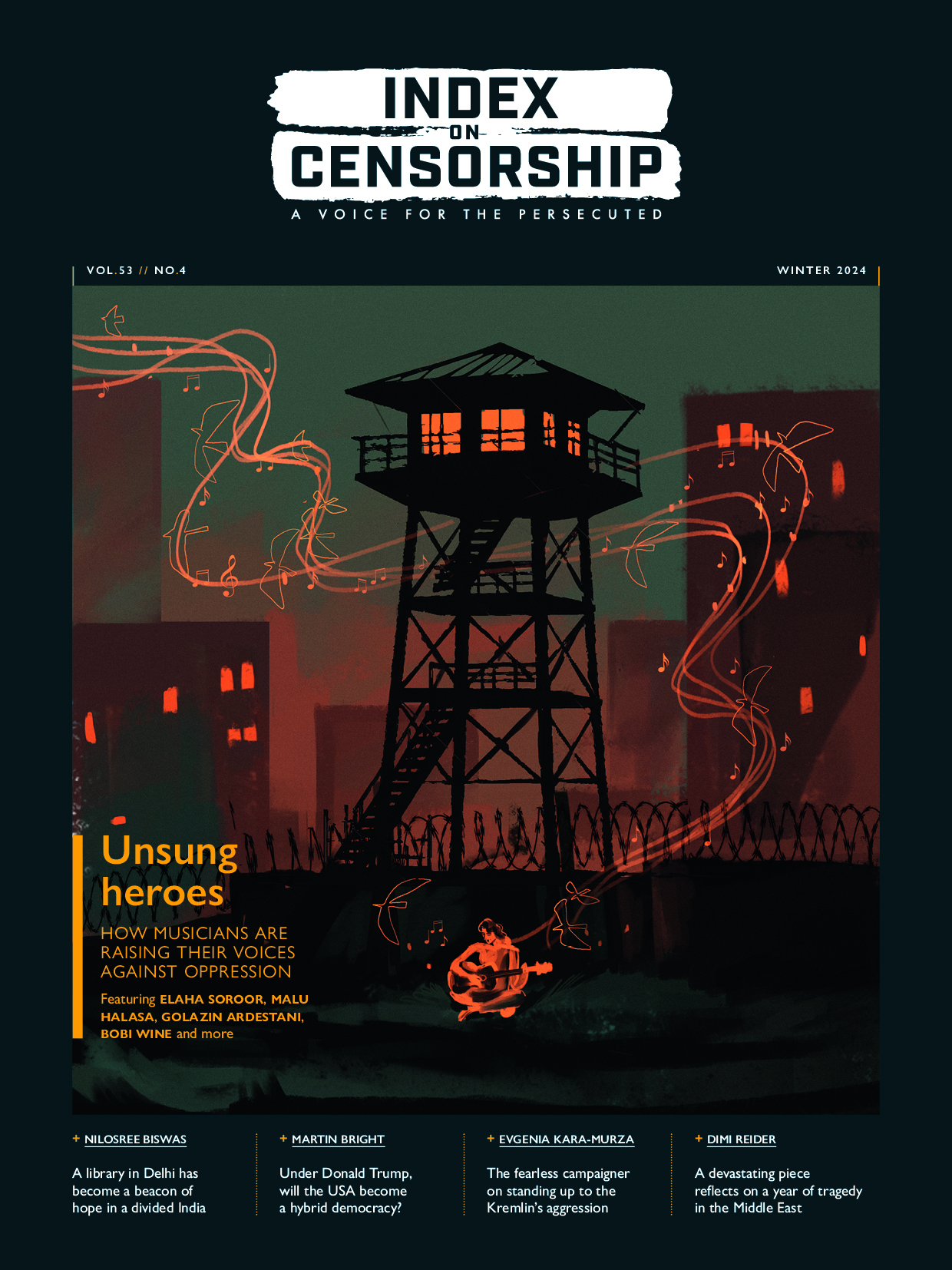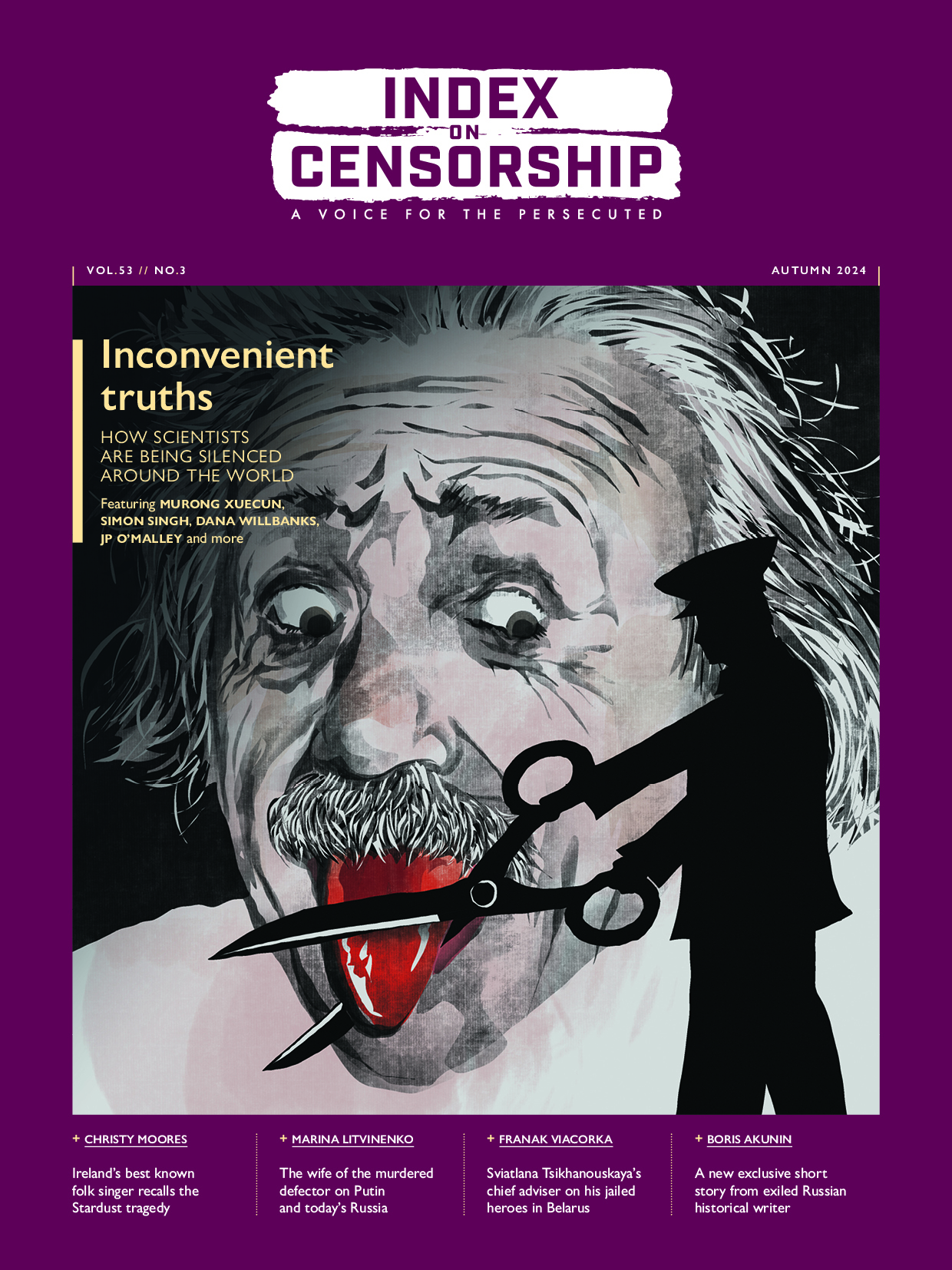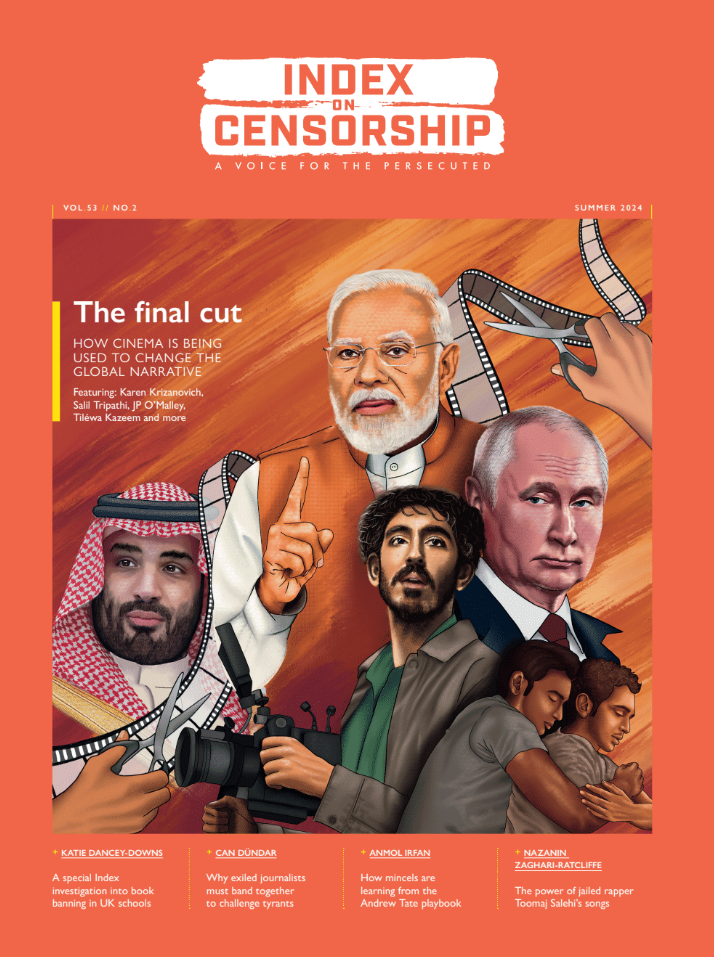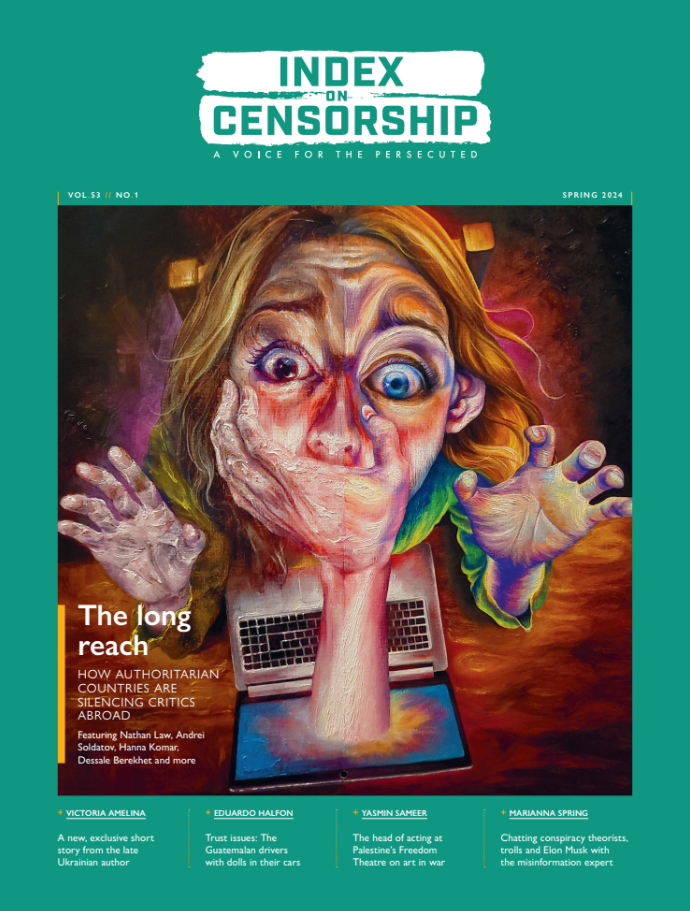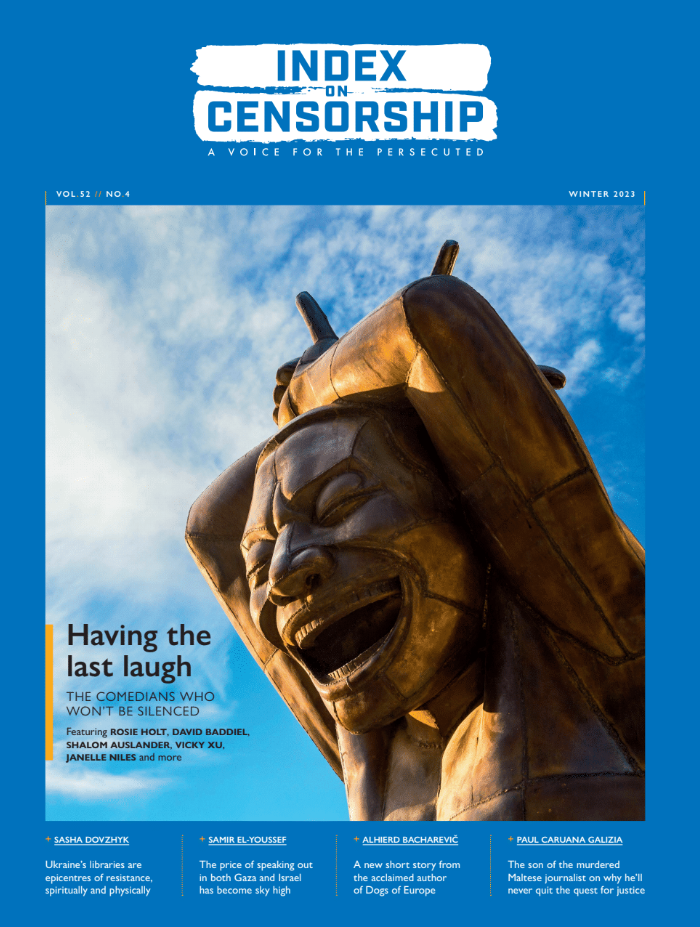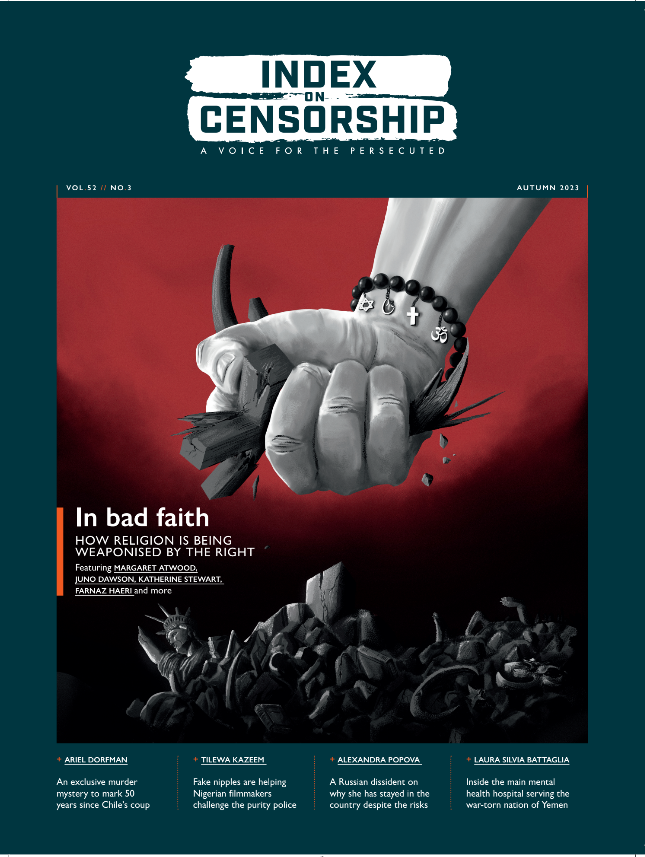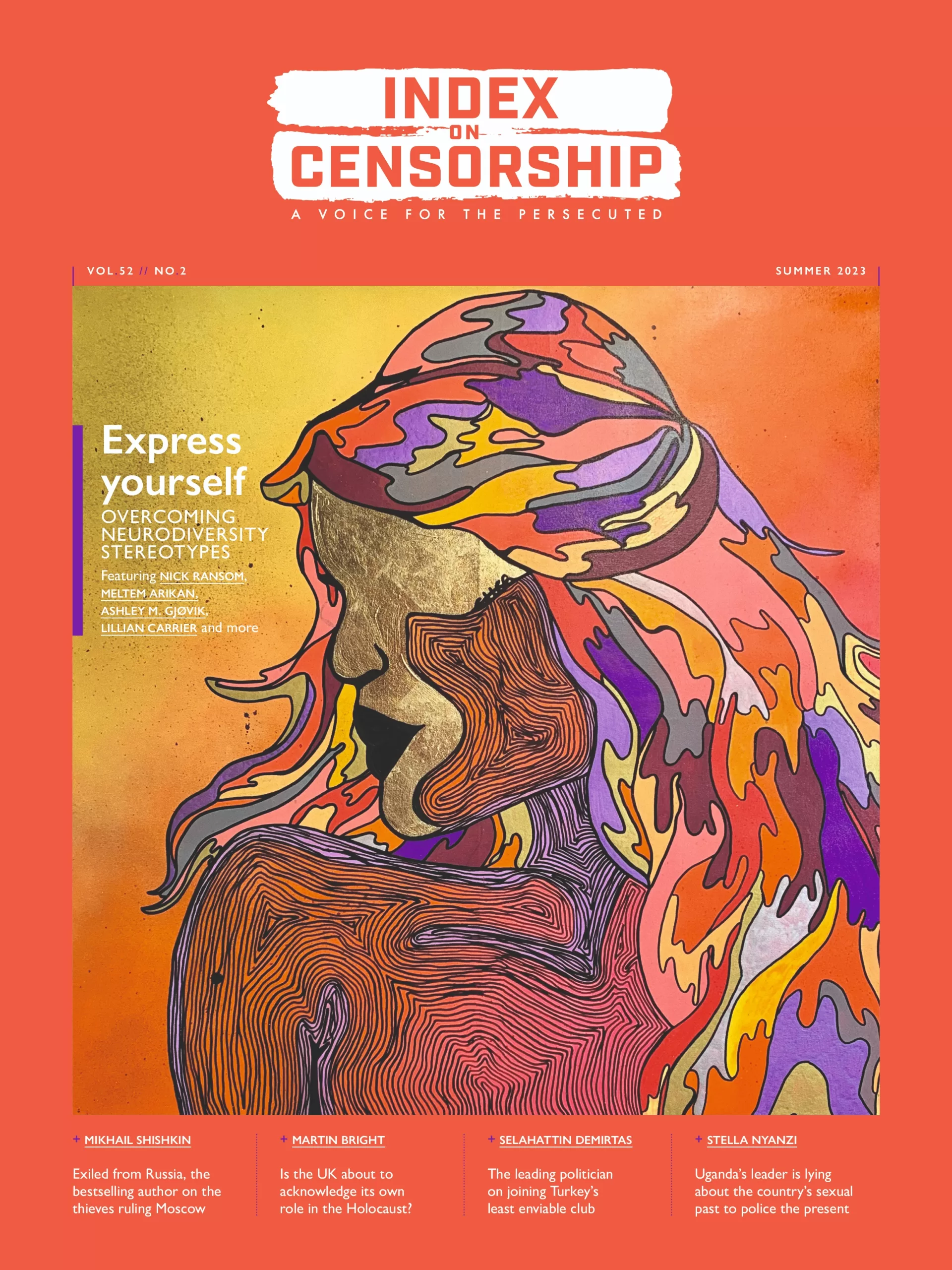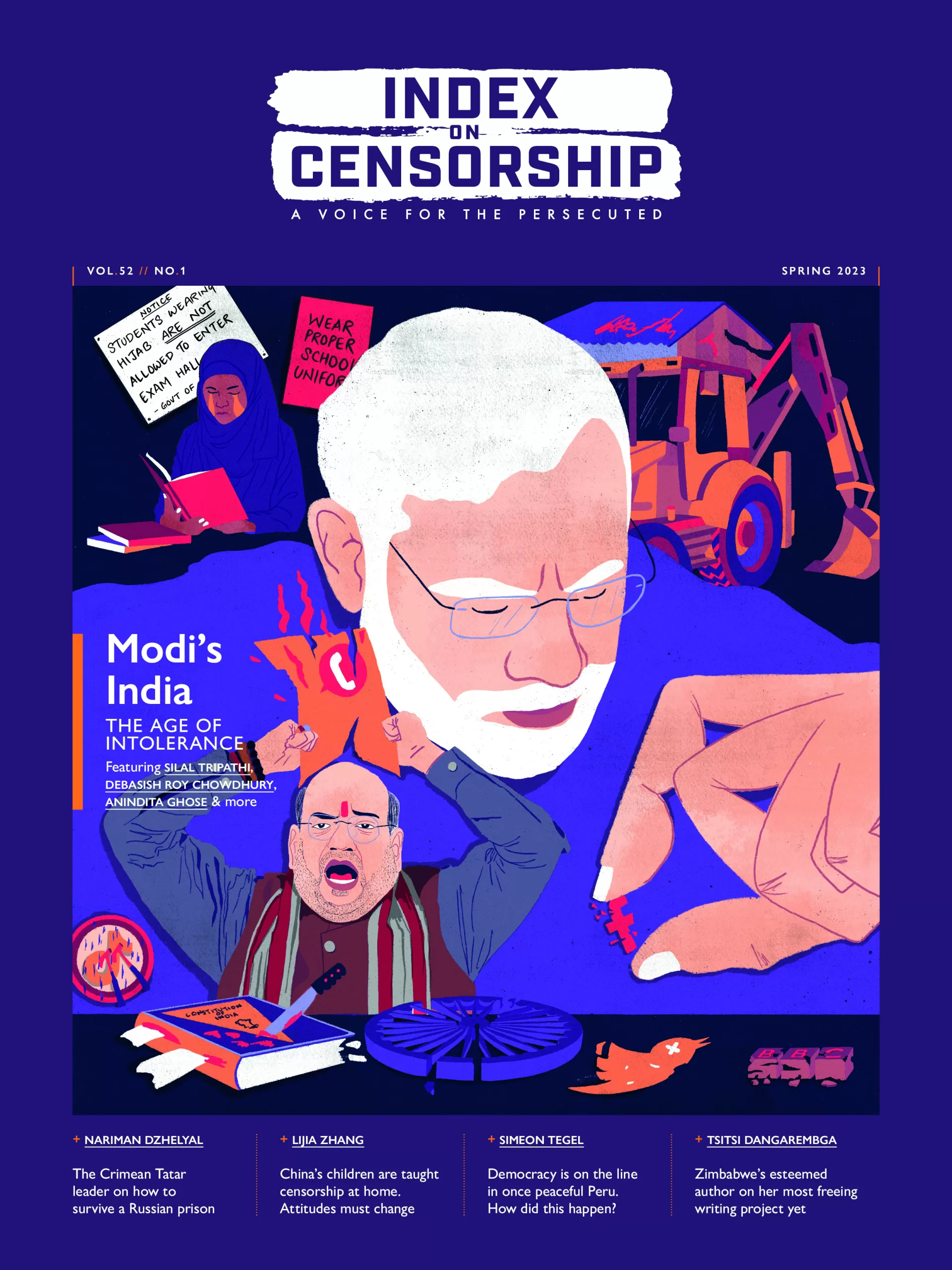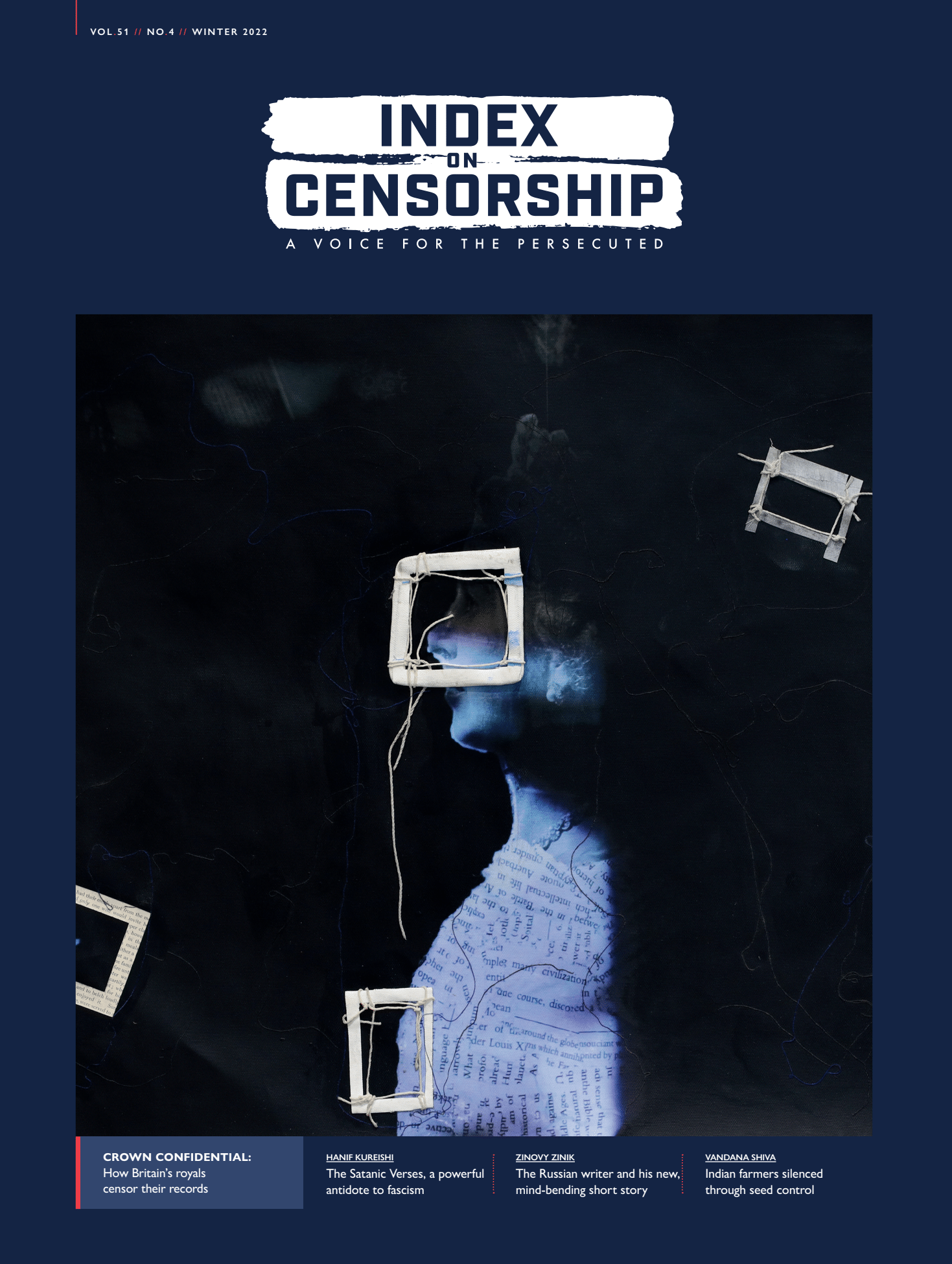[vc_row][vc_column][vc_column_text]
By Ronald Dworkin
The Gulf War is already a mythic event. President Bush said that it washed the stain of Vietnam from America’s shield, and America and the other nations that participated, including Britain, are justifiably proud of what their soldiers have done. But there is a great risk that the war’s spectacular military success, and its consequent enormous popularity, will be taken somehow to have vindicated every aspect of it, including the serious and unjustifiable extension of military censorship that this issue of Index explores (Volume 20, Issue 4).
The greatest risk, I believe, is that a particular argument for justifying censorship, which became widely accepted among politicians and the public over the last several months, will now be thought legitimate. I mean the argument that government may properly manipulate public opinion in order to prevent the public from criticising the war or its conduct. Censorship with that aim is defended not of course on the ground that officials are entitled to protect their own political positions, a proposition no one would defend, but on the more insidious ground that a pleased and supportive public is a great military advantage, that a nation can pursue a war more effectively, win it more quickly, and with fewer of its own soldiers dead and wounded, when the public is on its side.
That argument has always been popular, but its premise is now more widely accepted than ever before. As Phillip Knightley reports here, it is now orthodox Pentagon thinking that America lost the Vietnam War because television said that the generals were liars, that the war could not be won, and that American forces burne innocent civilians. In 1984 Caspar Weinberger, then Secretary of Defense, laid down the policy: ‘Before the US commits combat forces abroad, there must be some reasonable assurance we will have the support of the American people and their representative in Congress.’
The factual case for that policy is strong. Regional war is not, as Vietnam proved, all or nothing. A divided and shocked public produces a climate of compromise in which military action is not cancelled or abandoned altogether, but is rather pursued half-heartedly, with (as President Bush several times put it) ‘one hand tied behind our back’. The military danger of adverse public opinion was even greater in the Gulf than it had been in Vietnam, moreover, because the generals had to fear the impact of bad news or horrifying images not just in America or Britain but in the streets of Cairo and other cities of the Arab coalition. They might well have thought that protecting their troops meant protecting them from bad notices in the press as well as from Saddam’s guns and poisons.
[/vc_column_text][/vc_column][/vc_row][vc_row][vc_column width=”1/4″][vc_icon icon_fontawesome=”fa fa-quote-left” color=”black” size=”xl” align=”right”][/vc_column][vc_column width=”3/4″][vc_column_text]
But if that understandable view is taken to license censorship of information about troop morale or military mistakes or civilian casualties or, what is equally dangerous, if it is taken to require self censorship of such information by the media themselves — then the range of censorship justified on strictly military grounds is very greatly expanded.
[/vc_column_text][/vc_column][/vc_row][vc_row][vc_column][vc_column_text]
Of course General Schwartzkopf was right to prevent television crews from filming the swing of his troops far to the left of the Iraqi defences, a manoeuvre the Iraqis, without air power, could not see for themselves. But it became clear, in the course of this war, that the military justification was being used for censorship of much more than operational information.
The nerve of the censorship scheme was the pool system of reporting described in Peter Schmeisser’s article, which gave the army control not only over what was written but of who wrote it, and therefore a crucial way to punish media whose reports it did not like. R.W. Apple, a distinguished journalist “who acted as bureau chief for the New York Times in the desert, was livid at the discrimination against his influential paper. Geoff Meade’s article reports that he was forbidden to film Kuwaiti teenagers playing football because the army feared Americans with relatives fighting in the Gulf might be resentful, and Nan Levinson reports a blanket prohibition against coverage of medical treatment for wounded soldiers after their return to the US. Richard O’Mara’s article puts it well: the purpose of censorship was not just to keep the Iraqis ignorant, but to give the military time and control over unpleasing outcomes to process the information in such a way as to reduce its impact when it becomes known on the home front’.
Substantial sections of the home front were ready, even anxious, to be manipulated. Truth may be the first casualty of war, but some people’s desire to be told the truth is a close second. One of he most depressing of the phenomena described in this issue is the speed with which irresponsible and frightened editors and politicians began to paint honest’ reporting as a kind of treason. Peter Arnett, for instance, reporting as best he could for CNN out of Baghdad, was called a Lord Haw Haw because he passed on Iraqi claims about civilian destruction and indicated how far the evidence he was allowed to see — he scrupulously described the constraints on his own coverage — seemed to support them. In this issue, Matthew d’Ancona and Richard Norton Taylor describe the patterns of media deference and fear that allowed censorship easy victories, and Matthew Hoffman reminds us how quickly the equation of honesty with treason caught on with parts of the public itself.
The military victory was so swift and comprehensive that censorship designed to control public opinion was probably irrelevant in this case. But the precedent is a harmful one, because it expresses the same attitude that also produced the terrible violations of the civil rights of Palestinians and Iraqis living in Britain described by Abbas Shiblak and Ursula Ruston: the attitude that in war even a notional benefit to military efficiency justifies any invasion of traditional freedoms.
When the generals control the press in order to control public opinion, they are by definition cheating on democracy. The people have a right to make up their own minds whether they should be impatient or tired or dissatisfied or frightened or appalled by a war, or whether it is tolerable that their armies should risk bombing innocent civilians in air raid shelters, and that is no less true when part of the public wants to be shot of the responsibility. If the government believes that strategy justifies risking substantial civilian deaths, then it should make its case and take its chances with opinion polls and parliamentary attacks and peace demonstrations and postmortem elections.
No doubt even a just war, and certainly an unjust one, can be prosecuted more efficiently and with fewer losses if government does not have to worry about such opposition while the war is on. But unless survival is at stake, war cannot trump democracy. We are no democrats if we trust the people only when the stakes are sufficiently low.
[/vc_column_text][/vc_column][/vc_row][vc_row][vc_column width=”1/3″][vc_column_text]The winter 2017 Index on Censorship magazine explores 1968 – the year the world took to the streets – to discover whether our rights to protest are endangered today.
With: Ariel Dorfman, Anuradha Roy, Micah White
[/vc_column_text][/vc_column][vc_column width=”1/3″][vc_gallery interval=”3″ images=”96747″ img_size=”medium”][/vc_column][vc_column width=”1/3″][vc_column_text]In print, online. In your mailbox, on your iPad.
Subscription options from £18 or just £1.49 in the App Store for a digital issue.
Every subscriber helps support Index on Censorship’s projects around the world.
[/vc_column_text][/vc_column][/vc_row]



